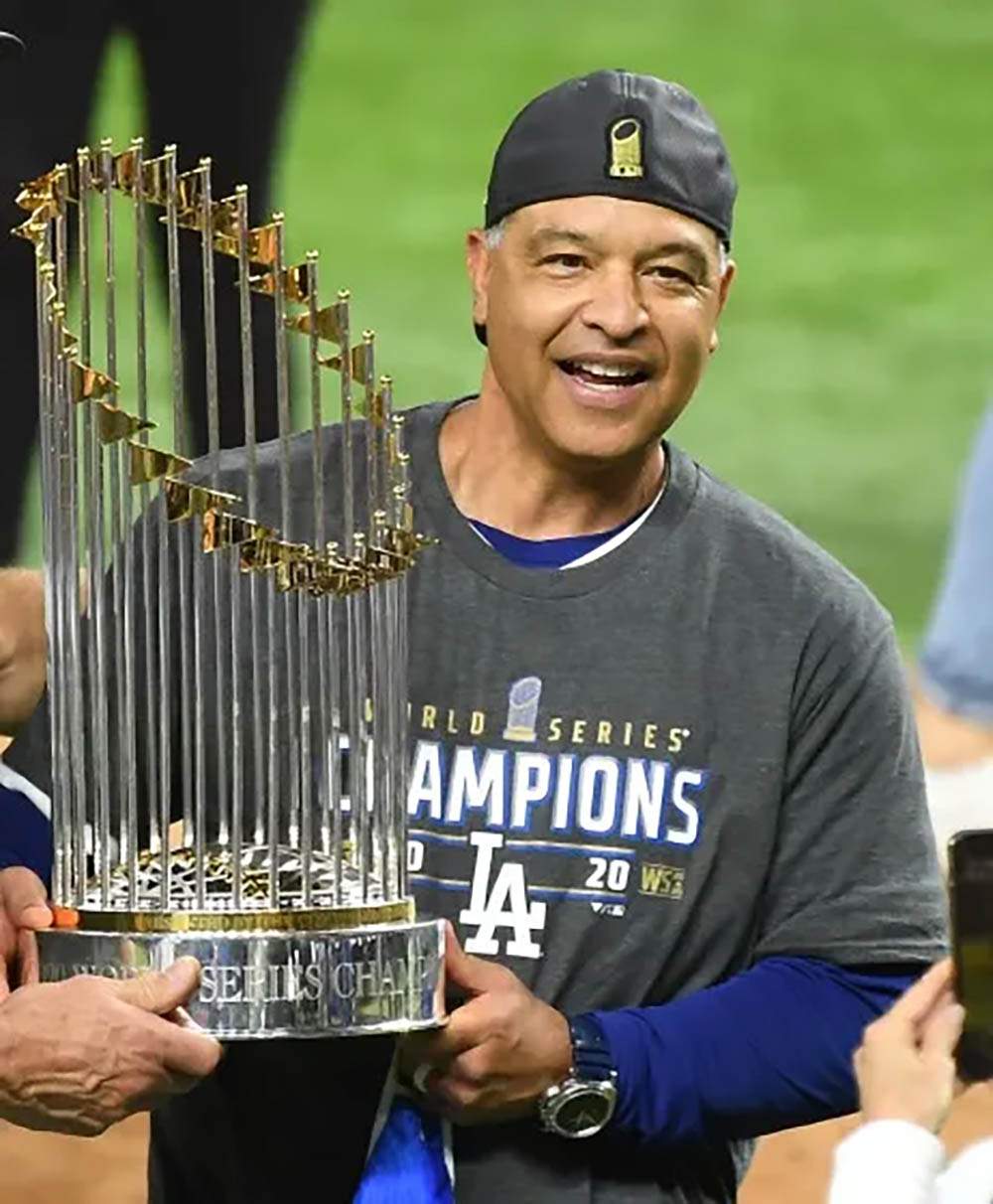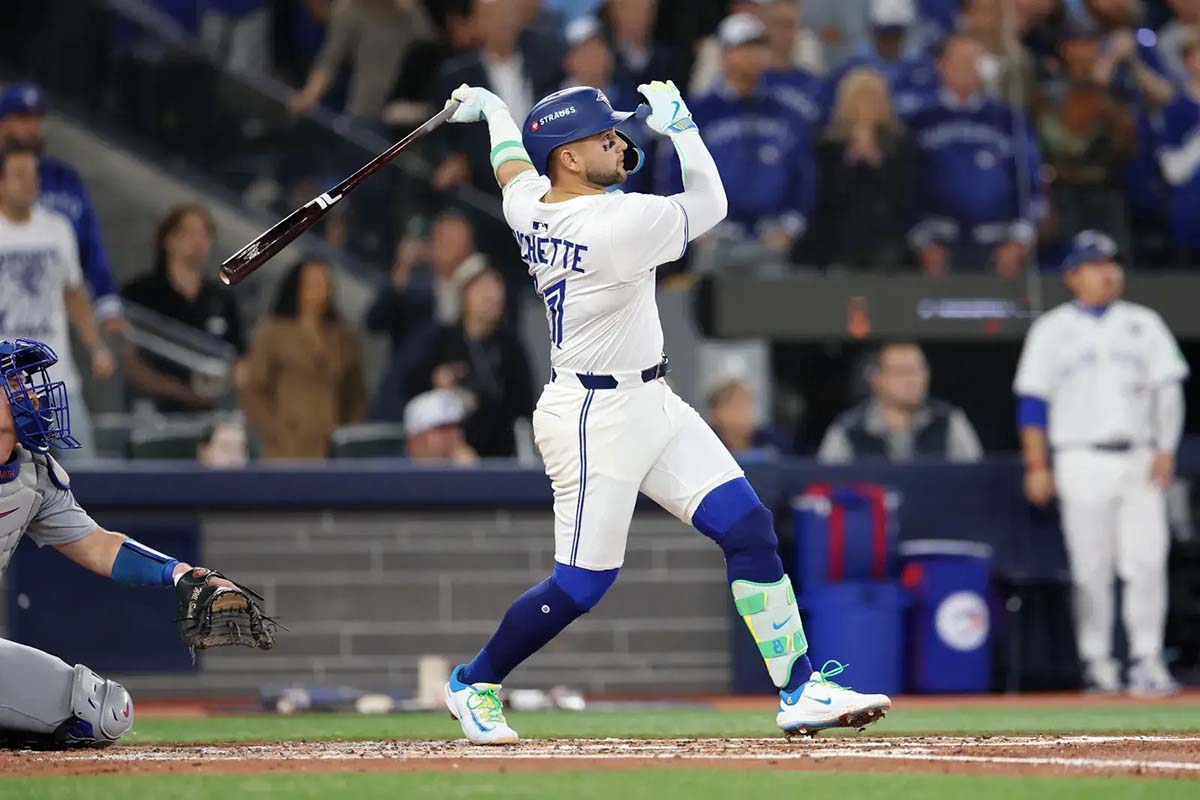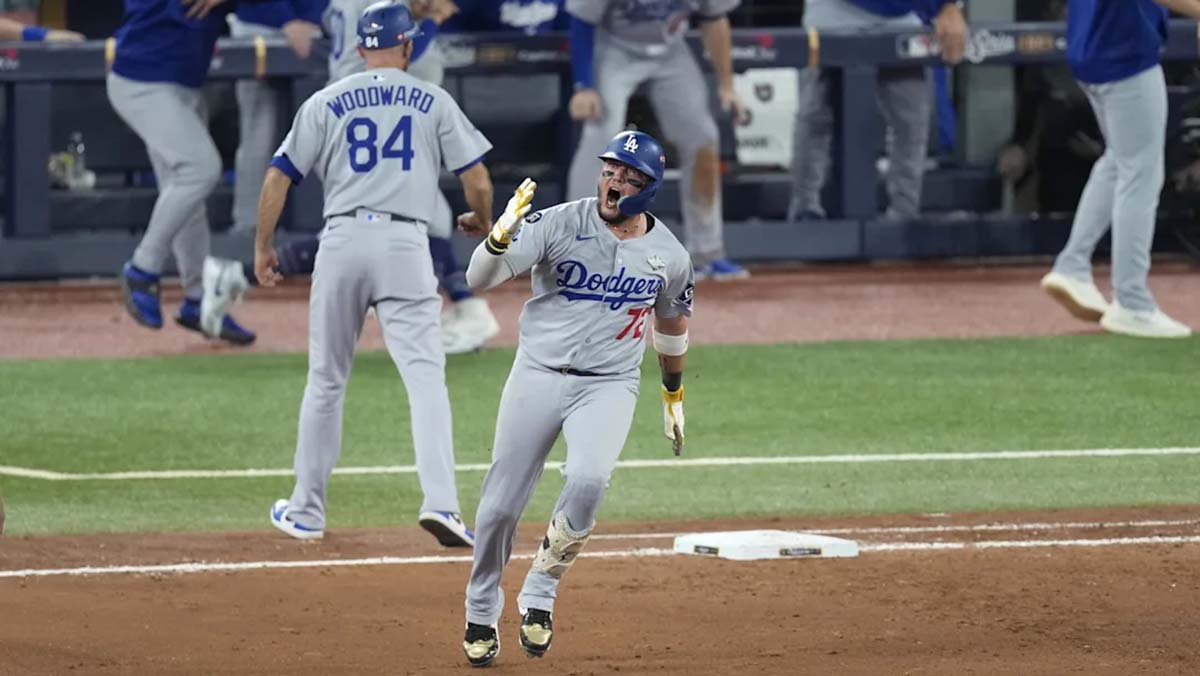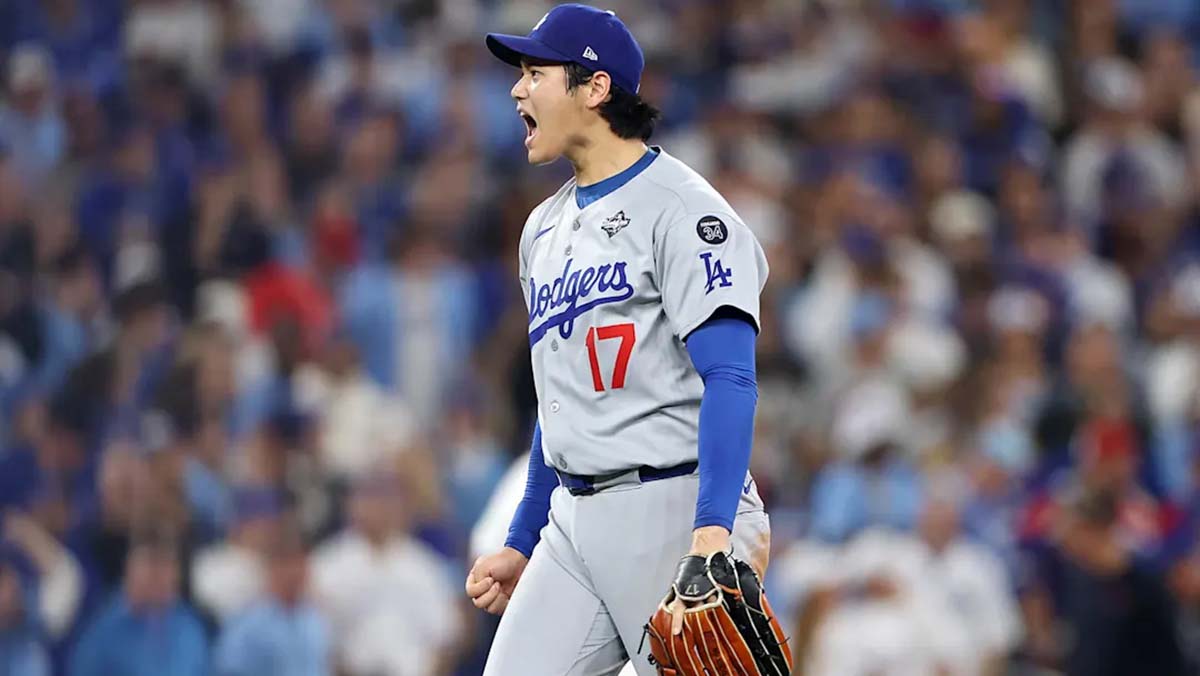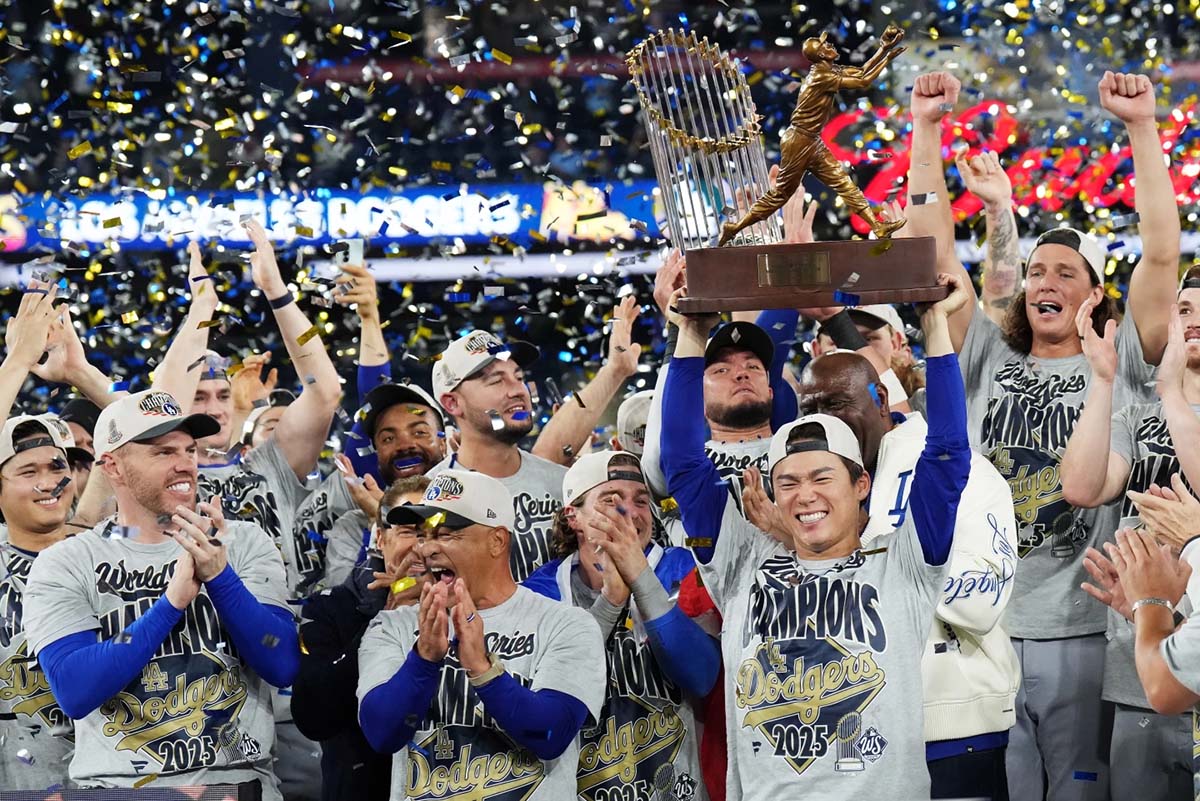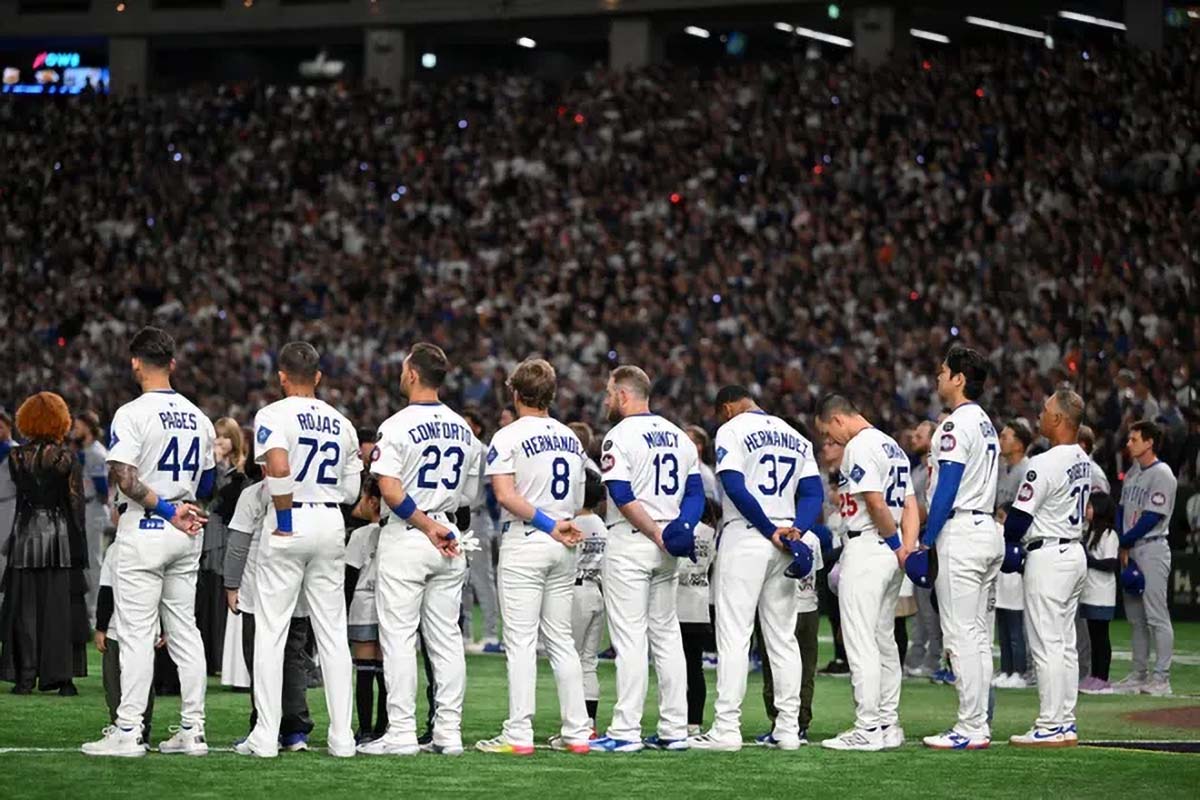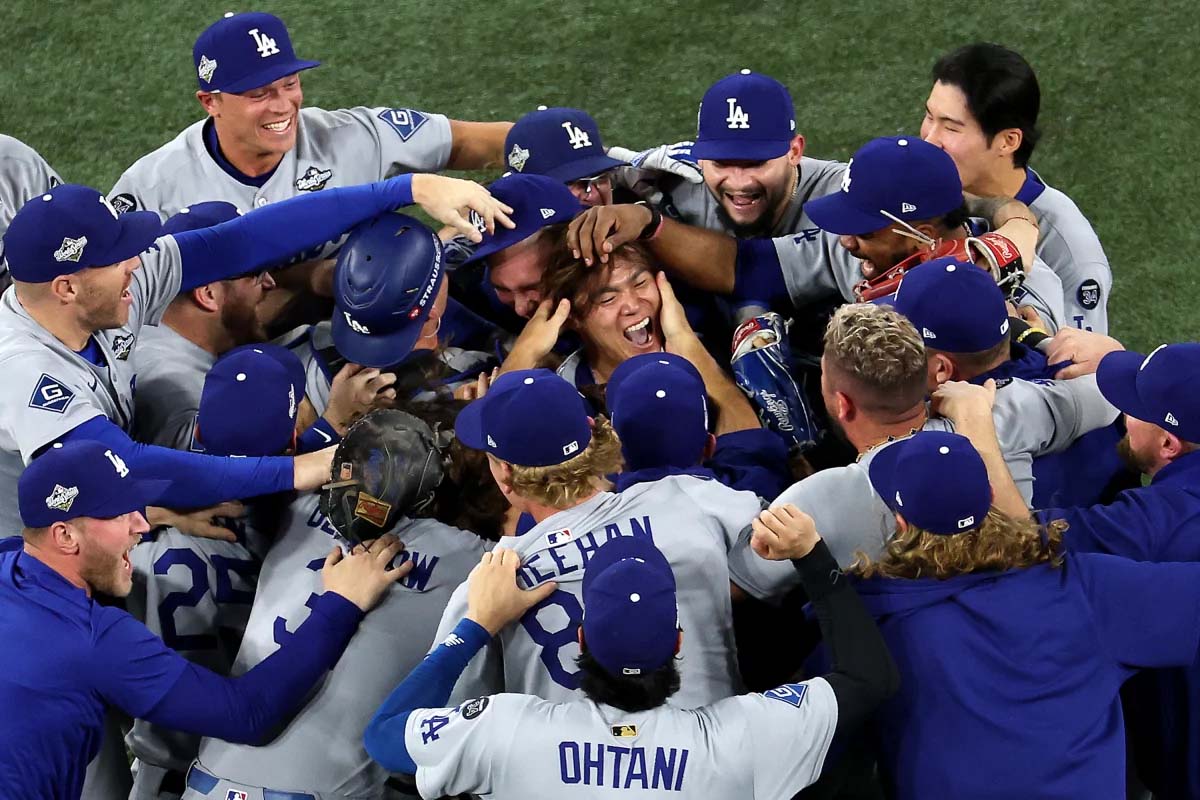When Los Angeles Dodgers manager Dave Roberts raised the World Series trophy in Toronto, his words spoke to something larger than the game itself:
“It’s one of the greatest games I’ve ever been a part of. We started the year in Japan, and now we finished in Canada.”
In that reflection lay the essence of a season defined by its global reach. The Dodgers’ journey – beginning in Tokyo and culminating in an exhilarating 5–4 extra-innings Game 7 victory over the Toronto Blue Jays – underscored how baseball has transcended borders, uniting cultures and continents through a shared devotion to the game.
A World Series without Borders
This year’s finale redefined the idea of an American pastime, transforming it into a true showcase of global talent. On both sides of the diamond stood players whose names, languages, and styles reflected baseball’s widening world.
- Miguel Rojas of Venezuela tied the game in the ninth inning with a stunning home run.
- Will Smith from the United States sent the Dodgers ahead for good with his solo shot in the 11th.
- Freddie Freeman, also American, anchored the infield with his trademark poise.
- For Toronto, Vladimir Guerrero Jr., born in Canada and raised in the Dominican Republic, and Bo Bichette carried their team deep into October.
It was a World Series that truly lived up to its name — one where nationalities blurred, languages mixed in dugouts, and the spirit of competition became a universal language.
The Rising Sun Shines Brightest
Amid a roster of international stars, Shohei Ohtani and Yoshinobu Yamamoto stood apart – two Japanese players who defined not only the Dodgers’ championship run but the global reach of baseball itself.
Ohtani’s postseason was nothing short of legendary. Fresh off being named ALCS MVP for a game that will be remembered for decades – one where he dominated both as pitcher and batter – he carried that momentum into the World Series. In Game 4, Ohtani delivered a herculean performance, striking out six and setting hitting records across 18 innings as the Dodgers battled back to tie the series. His bat remained relentless throughout the series: key runs, clutch home runs, and an uncanny ability to reach base when it mattered most.
Already a multiple-time league MVP, Ohtani is widely expected to capture his fourth, and first in the National League, cementing his place as one of the most complete athletes the sport has ever seen. In Game 7, he added two vital hits and once again anchored the Dodgers’ rhythm on both sides of play – a testament to the rare endurance and versatility that have become his signature.
Beside him, Yamamoto, the Dodgers’ brilliant right-hander, delivered a performance for the ages. After pitching a complete game earlier in the Series, he returned on zero days’ rest in Game 7, throwing 2⅔ scoreless innings to secure the title. Twice, in the bottom of the ninth, he faced bases-loaded pressure with Toronto on the brink of jubilation – and twice, he escaped unscathed. That composure under fire sealed his place in World Series lore, earning him the MVP award and a standing ovation from both fan bases. Overcome with emotion, Roberts simply said, “Yamamoto is the GOAT.”
Together, Ohtani and Yamamoto transformed the Dodgers’ 2025 campaign into a triumph not just of skill but of spirit – a celebration of how Japan’s baseball excellence continues to shape the global game.
Baseball as a Bridge
This Dodgers championship should also be remembered for what it represents. The season that started in Japan and ended in Canada underscores how sport can connect cultures more seamlessly than diplomacy often can.
For Japan, the performances of Ohtani and Yamamoto reaffirm the nation’s growing soft power through sport – a natural continuation of the legacy that began with Ichiro Suzuki and others before them.
For Major League Baseball, it cements a global strategy: staging games abroad, cultivating international audiences, and celebrating the diversity of its players.
The Dodgers’ journey – beginning in Tokyo and culminating in an exhilarating 5–4 extra-innings Game 7 victory over the Toronto Blue Jays – underscored how baseball has transcended borders, uniting cultures and continents through a shared devotion to the game.
When Roberts spoke of starting in Japan and finishing in Canada, he wasn’t just describing geography. He was, perhaps unknowingly, describing the new map of baseball diplomacy – one where the game’s borders no longer end at home plate.
The World’s Game
In this new era, the Dodgers’ blue carries the hues of many flags – Japan’s rising sun, Venezuela’s tricolor, America’s stars and stripes, and Canada’s maple leaf. In what I can only describe as the finest World Series I’ve ever witnessed, Game 7 in Toronto stood as both a sporting and cultural crescendo – a vivid reminder that when the best of the world share one field, everyone wins.
And as champagne sprayed and confetti drifted through the air, one truth lingered above the noise: baseball may have begun as America’s pastime, but today, it belongs to the world – and this year, its brightest ambassadors wore Dodger blue.

